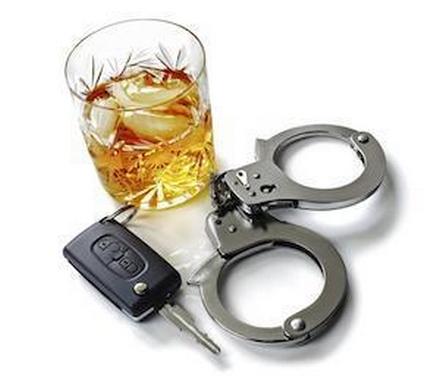TELEPHONES ANSWERED 24 HOURS A DAY
Illinois Court Reverses DUI Conviction Due to Improperly Admitted Breath Test
 Police administration of Breathalyzer tests is standard procedure in driving under the influence (DUI) arrests. Illinois law makes it unlawful for a driver to operate a motor vehicle if his or her blood-alcohol level is 0.08 or higher. A Breathalyzer test, properly admitted into evidence before a judge, can prove that a driver exceeded this legal limit.
Police administration of Breathalyzer tests is standard procedure in driving under the influence (DUI) arrests. Illinois law makes it unlawful for a driver to operate a motor vehicle if his or her blood-alcohol level is 0.08 or higher. A Breathalyzer test, properly admitted into evidence before a judge, can prove that a driver exceeded this legal limit.
It is important to understand “drunk driving” is not limited to passing or failing a Breathalyzer test. The law prohibits a person from driving “under the influence of alcohol.” This influence may be observed by police, or even other drivers, and does not necessarily require a blood-alcohol test.
Challenging a Breathalyzer Test
Here is a recent example from a decision by the Appellate Court of Illinois. In this case, a police officer on patrol observed erratic driving performed by the car in front of him. The officer saw the vehicle strike a motorcycle driver and run several red lights. The officer then pulled the car over.
The officer detained the driver for leaving the scene of an accident. The officer observed the driver's eyes were “red and watery” and his breath smelled of alcohol. A second police officer arrived and made similar observations. The driver admitted to the second officer that he had three beers within the past half hour. The second officer performed several basic sobriety tests—e.g., standing on one leg—which the driver failed. During this time, the officer also administered a Breathalyzer, which purportedly showed a blood-alcohol level of 0.099.
The state charged the driver with two counts of DUI. The first was for driving under the influence when he struck the motorcycle driver. The second was for driving with a blood-alcohol level at or above 0.08. At trial, the second officer testified regarding the accuracy of the Breathalyzer test. He explained the instrument used to perform the test has been certified as accurate. The prosecutor then introduced a logbook—prepared by the first officer, who did not testify at trial—confirming the certification tests.
The driver's attorney made several objections at this point. Under Illinois law, the logbook is inadmissible hearsay, because it is a statement made by an out-of-court declarant (the first officer) to prove the testimony of the second officer that the test was accurate. The prosecutor needed to lay a foundation before introducing the logbook into evidence.
While the trial judge overruled the defense's objections, and found the driver guilty on both DUI charges, the Appellate Court said that was a mistake. The logbook—and consequently, the Breathalyzer test results—should never have been admitted into evidence. The appeals court therefore reversed the driver's conviction on the second DUI charge, which required proof that his blood-alcohol level exceeded the legal limit. The court affirmed the other conviction, however, because there was enough additional evidence—the driver's admission of drinking, the police officers' observations, et al.--to prove he was driving under the influence.
Defending Your Rights
If you or someone you know is facing DUI charges, it is important not to go to court without the assistance of an experienced Illinois criminal defense attorney. Contact the Law Offices of Hal M. Garfinkel LLC, Chicago Criminal Defense Attorney today if you have any questions.



